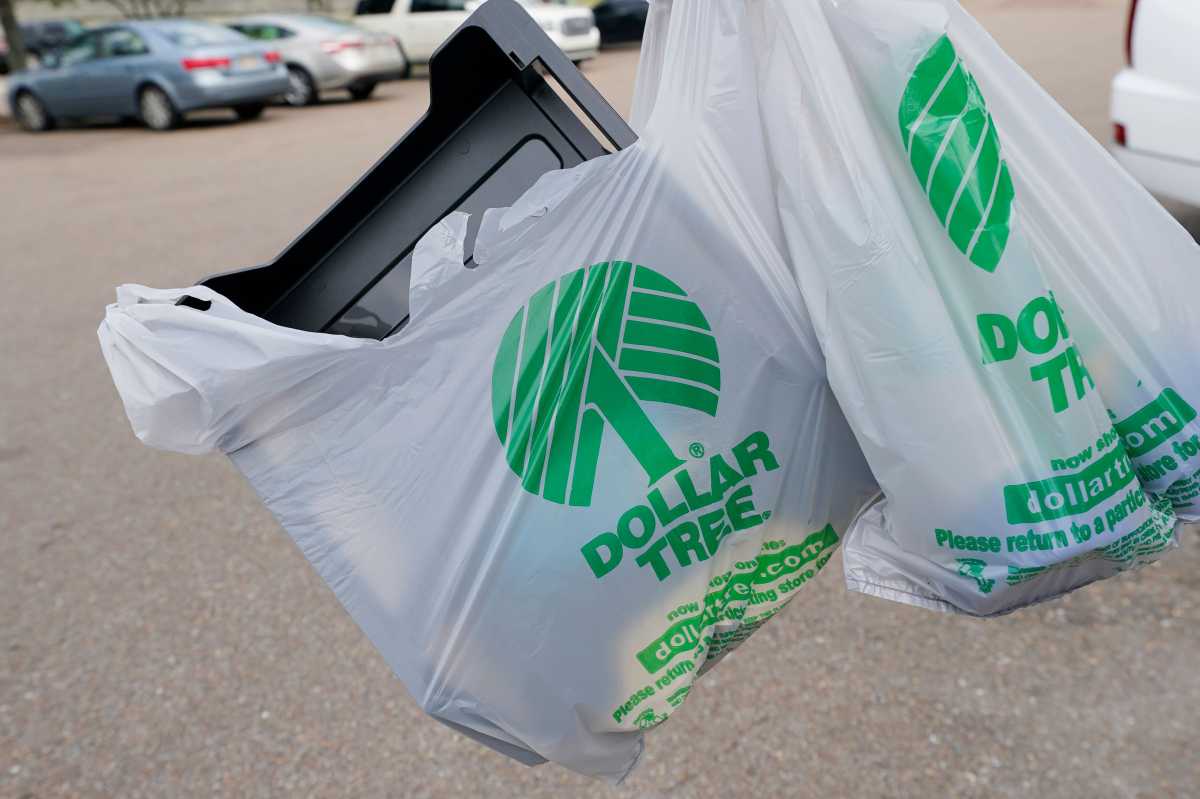Business
Dollar Tree’s Closure of 1,000 Stores Marks Challenges for Discount Retail Industry

Dollar Tree, a prominent discount retail chain, has recently announced the closure of nearly 1,000 stores, primarily impacting its struggling subsidiary, Family Dollar. The decision comes amidst years of challenges faced by Family Dollar, including mismanagement and poor store conditions, leading to decreased profitability.
CEO Rick Dreiling highlighted on a call with analysts that persistent inflation and reductions in government benefits have added pressure on the lower-income consumers that form a significant portion of Family Dollar’s customer base.
The planned closure involves shutting down 600 Family Dollar locations within the year, with an additional 370 stores over the following years as leases expire. Dollar Tree also disclosed the closure of 30 of its own stores as part of the restructuring.
While Dollar Tree’s move aims to enhance profitability, it raises concerns about limited shopping choices for Americans who rely on the accessible locations of Family Dollar stores, usually situated in areas with scarce retail options.
Shares of Dollar Tree experienced a sharp decline following the announcement, reflecting the challenges faced by the discount retail industry amid economic uncertainties and shifting consumer behaviors. The industry has been a focal point for bargain-seeking consumers for years, with players like Dollar General and Walmart dominating the market.
Dollar Tree, known as a Fortune 200 Company, operates under various brands including Dollar Tree, Family Dollar, and Dollar Tree Canada. The struggles faced by Family Dollar highlight the complexities of integrating different business models and customer bases within the discount retail sector.












